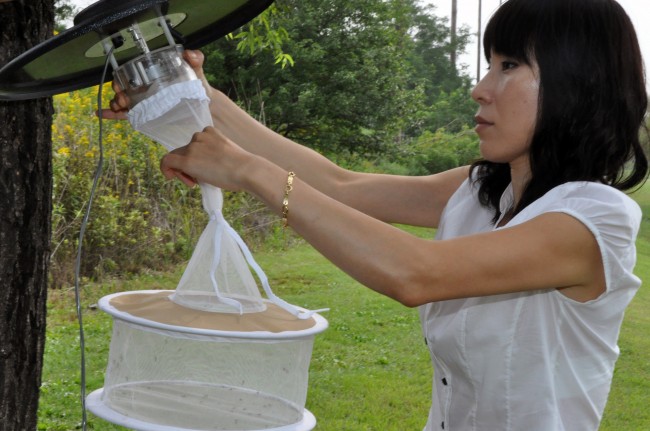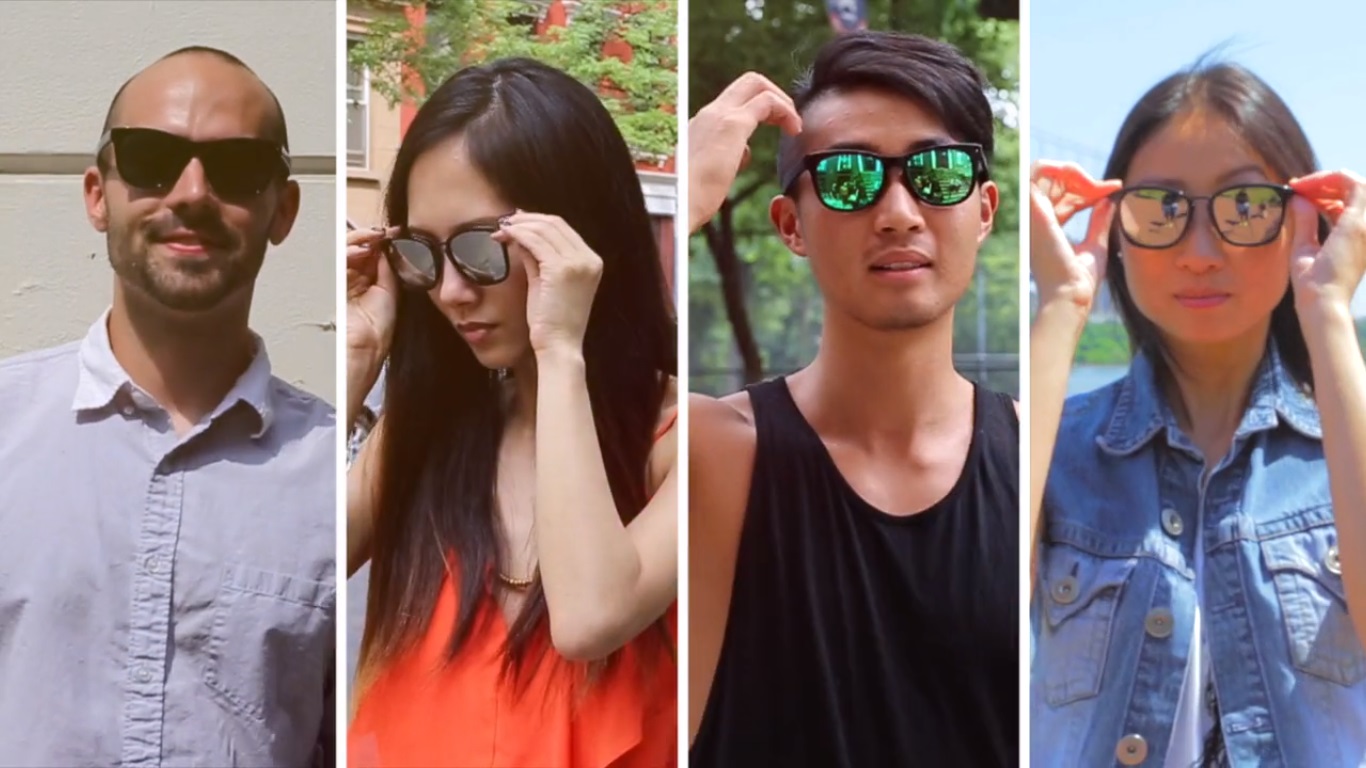by ALEX HYUN| @ahyundarkb4dawn
editor@charactermedia.com
On the heels of the MERS (Middle Easter Respiratory Syndrome) virus outbreak, South Korea has issued another health warning, albeit one for a less severe virus.
The Korea Centers for Disease Control and Prevention (KCDC) on Thursday issued a nationwide warning against Japanese encephalitis, a virus that is predominantly transmitted by mosquitoes and can cause acute inflammation of the brain in humans.
Symptoms include high fever, vomiting, diarrhea and, in severe cases, death. However, the vast majority of infections are asymptomatic; only 1 in 250 cases develop symptoms.
Earlier this week, KCDC found a number of mosquitos carrying Japanese encephalitis in the southern port city of Busan, according to Yonhap News Agency. Since mosquitoes in Busan are most active until the end of October, KCDC advised the public to use mosquito nets, limit outdoor activities and wear long sleeves and pants to prevent infection. The center also encourage the public to pay attention to hygiene and get vaccinated.
This isn’t the first time South Korea has dealt with Japanese encephalitis. In 2014, KCDC issued a nationwide warning amid a mosquito population spike. About 14 people were infected with the virus last year, according to Stars and Stripes.
As children tend have a more vulnerable immune system, KCDC recommended that children aged 12 months to 13 years old be vaccinated against Japanese encephalitis. Travelers were also advised to get vaccination before visiting South Korea, especially if they plan to stay for more than a month in rural endemic areas.
___
Featured image courtesy of U.S. Air Force/Senior Airman Michael Battles





